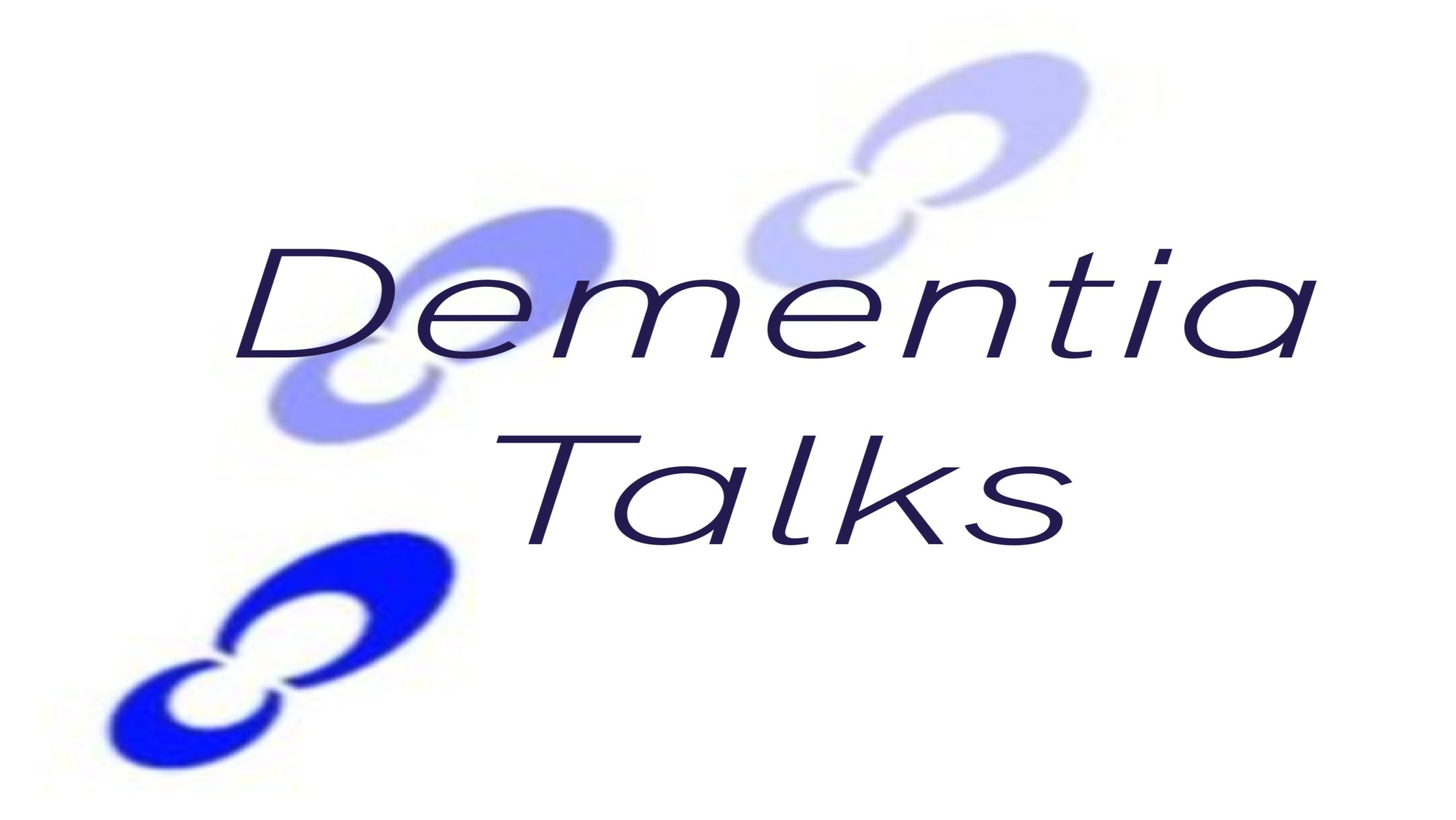Conflict arises when a spouse or a loved one in displaying symptoms of Dementia of Mild Cognitive Loss. What do you do? Digging, arguing in or going behind the persons back will not work.
But how to you reset the relationship and get to the answers? This Article is based on my own experience and recommendations of how to properly execute a turn around and get back to a loving and caring relationship that together you can search for answers.
Discovering if you have early onset dementia is not a direct medical process. First, the differences in you are probably first only notices by you, and are only subtle to others.
Second, working with the medical field to determine if you have cognitive or other challenges is not well understood at the GP or PCP level physician, and they should only help you get to a qualified physician.
Last, it takes a series of tests to determine if you have dementia. In this video we will review others and my experience compared with what the Alzheimer's Organization says on their website, about what the process to find out if you have dementia.
I know the day will come when I can no longer be in control of my situation, and maybe my thoughts. But for now, I can own my situation. There is no one to blame, no regrets, no sadness, only determination to make the best of each day until then.
After acceptance it is important to move forward. Apathy is as bad as depression. Finding a purpose is the critical next step.
This Stage focuses on a deep sense of loss, which is felt in varying degrees from person to person. Depression replaces the anger and the attempts at bargaining. With it comes a forlorn thought of the future, for some a feeling of guilt, or shame of not doing the things that matter, failure and regret.
The Bargaining Stage is not just for terminally ill people who are coping with the inevitability of death and with gradual loss of mental faculties before death. Bargaining is a usual part of the process. If you weren’t religious or thinking of God, you are now.
Being diagnosed with Dementia challenges each of us. Most people can’t continue denying it for very long. Denial soon gives way to feelings of anger, rage, jealousy, and hatred.
Dementia denial is very common, it is easy to put your issues off to AGING, but acceptance and early diagnosis is key to living a fuller life.
Understanding Dementia is a task that should be done with your loved ones and future caregiver. Having a good working knowledge is important.
Dealing with a disease like dementia and especially Lewy Body Dementia requires getting early attention and diagnosis. The effect of not openly seeking help is self-doubt, depression, inward and outward anger and just plain frustration.









